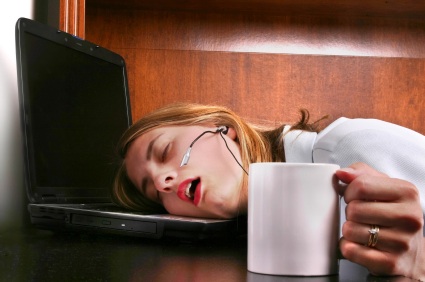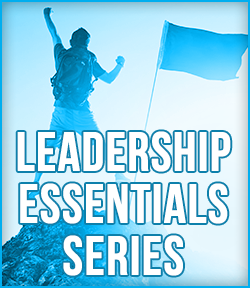This is part one of a ten part series on the Habit Pyramid, a set of ten core habits that allow us to live purposefully in spite of modern challenges.
Most of us have a complicated relationship with sleep, and our cultural norms don’t help either.
It’s common practice to share with friends and coworkers about how little sleep we can function on. Often, we wear the martyr badge proudly, sharing the sacrifice we’re making in support of a nobler goal.
Would we do the same if we’d been out drinking?
Probably not.
But the effects are nearly identical and sometimes worse.
That’s right. If you’ve had less than four hours sleep for a few nights in a row, you might as well be drunk.
You’re functionally intoxicated.
Ouch. That stopped my boasting in its tracks. Imagine trying to do purposeful work under those conditions.
Let’s set our beer goggles aside for a bit and focus on a few other myths.
Myth #1: We mistakenly believe that in order to get more done, we need to sacrifice sleep.
In fact, the opposite is likely true.
At 37Signals, employees work only four days per week for half the year. It was meant as a perk, but co-founder Jason Fried noticed something even more surprising. “Better work gets done in four days than in five. When there’s less time to work, you waste less time. When you have a compressed workweek, you tend to focus on what’s important. Constraining time encourages quality time.”
The Energy Project CEO Tony Schwartz isn’t surprised, saying “there is no single behavioral change we’ve seen in our work with thousands of executives that more quickly and powerfully influences mood, focus, and productivity than a full night’s sleep.”
To get more done, we need to sleep.
Myth #2: We don’t think there’s any real harm to sleeping less.
Researchers at the University of Warwick have linked a lack of sleep to a range of disorders which often result in early death. According to their research, “If you sleep less than six hours per night and have disturbed sleep you stand a 48% greater chance of developing or dying from heart disease and a 15% greater chance of developing or dying from a stroke. The trend for late nights and early mornings is actually a ticking time bomb for our health so you need to act now to reduce your risk of developing these life-threatening conditions.”
Not even Presidents are immune. “In my long political career,” Bill Clinton told a post-presidency audience, “most of the mistakes I made, I made when I was too tired. Too many members of the Congress in both parties are sleep deprived. It clouds your judgment, and it undermines your ability to be relaxed and respectful in dealing with your adversaries.”
Simply put, failing to get enough sleep is harmful to us and to those we lead.
But what can we do about it? Our days are so full. There’s just not enough time to sleep.
First, we must recognize that we’ll likely get more done in less time if we’re well-rested. It’s a self-repeating cycle. You’ll get more done in fewer hours, and you’ll have more hours to sleep and repeat.
In many cases, we’re also investing our precious time in television.
It isn’t a coincidence that I was finally able to average 7-8 hours of sleep per night after I stopped watching television. At first, it wasn’t even a change I intended to make, and I didn’t think that it would affect me very much. If you’d asked, I would have said that I watched less than 5 hours per week.
Once I stopped, I discovered more than 20 hours of freedom each week. That’s an incredible amount of time, and it changed my life instantly.
What about you? How much sleep are you getting each night? Are there any “trades” you could make with your time?








Recent Comments